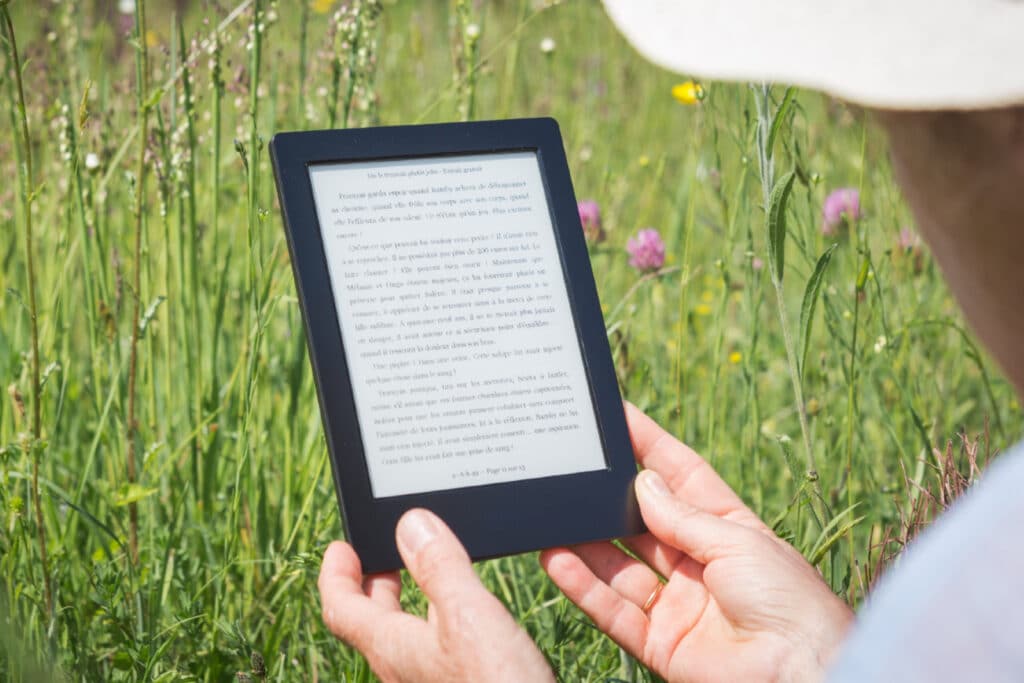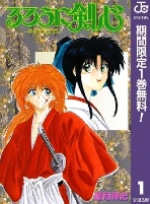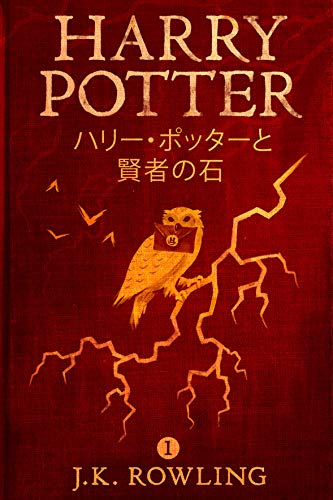
The Best 4 E-book Sites for Free Japanese Books
There are two feelings that can make almost any human being happy.
The first is curling up with a cup of tea and a good book on a cozy weekend afternoon; the second is getting free stuff.
It is easy to combine both of those wonderful feelings!
With free e-book sites—some of which are focused specifically on Japanese titles—you can build a massive digital bookshelf to explore every weekend of the year without ever spending a penny.
Contents
Download: This blog post is available as a convenient and portable PDF that you can take anywhere. Click here to get a copy. (Download)
4 Japanese E-book Sites for an Impressive (and Free!) Digital Library
Honto
Looking for light reads in Japanese? This resource tends more toward manga and short stories than heavy literature, so it’s a good place to start.
Since the books on this site aren’t region-restricted, as they can be on Amazon, you’ll be able to get the exact same titles as a person in Japan would. Often, you can get them on the same day.
You can find Honto’s free e-books here. Below are some popular titles to explore (however, note that the selection of free books is updated regularly, so different titles may be offered at different times):
Undying creatures known as “Fellows” are being aggressive toward humans. A former high school student and current Fellow, Kei, finds himself in the middle of the conflict.
This book is great for intermediate readers, as the images help readers grasp the more complex issues that are covered.
The former wandering reverse-blade swordsman, Kenshin, tries to get away from his violent past. But a peaceful life isn’t easy to get.
With shadows of the past that won’t quite rest, things will need to be settled. This book does require a more advanced reading level, because it makes references specific to the restoration era of Japan.
Just be aware that if you share devices with underage users, this site does have its fair share of hentai, yuri and yaoi, and some of it can be prominently displayed on the main page. For those of you not familiar with those terms, they refer to books/manga that are about sexual topics. They can range from romance with a sexual aspect to pornography. So with Honto you may want to figure out the parental controls on your device.
Aozora Bunko
This site is similar to Honto but with a larger Japanese library. Aozora Bunko has works in progress as well, so you can enjoy current works from living authors.
The site is a little hard to navigate at first, but you’ll get the hang of it.
Two popular titles include:
“ぬ” (Unexpected) and “ふ” (Wing).
Both are collections of short stories that’ve been carefully edited for both language and cultural accuracy. The topics range from marriage and family to traditional culture.
Project Gutenburg
Project Gutenburg is a well-known database for free e-books. It has a fair sized Japanese page, with more than 50 books to read.
Since the site is a kind of open archive of the world’s public domain literature, it’s always free. On the flip side, you won’t likely find too many modern books here. So if you’re mainly interested in exploring Japanese history, culture and classic writings, this is a great resource.
Titles are usually available in ePub or Kindle’s native format. Sometimes you can find audiobooks as well.
Some top picks include:
“苦悶の欄/くもんの らん” (Field of Agony)
This is a work of historical fiction, set in 1914, focused on the first world war. The story has a strong main character with relatable motives. There’s a little bit of mystery here, too.
“火星の記憶/かせいの きおく” (The Memory of Mars)
This is a space-based story that seems to feel less like science fiction than you may expect at first glance. On the whole it’s a fun, short story.
Kindle Store
The Japanese e-books in the Kindle store are region-locked, so you won’t get the full Japan experience. However, you’ll find some great novel-length reads if you’re looking for something longer.
Just be aware that since the Kindle store ranks titles by popularity, there are also some smutty options on the main page. Be careful with little ones who share your Kindle.
Some top Kindle store options right now include:
“ハリー・ポッターと賢者の石/はりー・ぽったーと けんじゃの いし” (Harry Potter and the Philosopher’s Stone)
A beloved children’s classic that needs no introduction. The familiarity from the English original can help beginners get comfortable with reading in Japanese. Just pace yourself and you should be fine.
The good news is that this e-book and the whole series have been translated. So if you enjoy this one you can go in on all seven books.
“ゴーストフォレスト: ザ・ソード・オブ・ザ・クラン/ごーすと ふぉれすと: ざ・そーど・おぶ・ざ・くらん” (Ghost Forest: The Sword of the Clan)
This one is a classic Japanese tale. The book is better suited to advanced readers, and can help you to get a feel for classic Japanese culture and history. It’s a great way to begin getting deep into the culture of Japan.
If you enjoy this type of authentic but digitized learning, you could supplement your Japanese reading with other tools like FluentU.
FluentU takes authentic videos—like music videos, movie trailers, news and inspiring talks—and turns them into personalized language learning lessons.
You can try FluentU for free for 2 weeks. Check out the website or download the iOS app or Android app.
P.S. Click here to take advantage of our current sale! (Expires at the end of this month.)

In the end, you should focus on the books that are of the most interest to you. Don’t just read what’s popular. Read what makes you happy!
Just be sure that you’re challenging yourself as you go. You might start out with basic fantasy manga, then as your ability progresses move to short stories. After that you might be able to move up to a translation of your favorite novel. From there, why not move to an authentic Japanese novel?
You’ll find that when you read what you like, things go more quickly and you get more out of the material. After all, no one said that your study time couldn’t also be your fun time!
Download: This blog post is available as a convenient and portable PDF that you can take anywhere. Click here to get a copy. (Download)
And One More Thing...
If you love learning Japanese with authentic materials, then I should also tell you more about FluentU.
FluentU naturally and gradually eases you into learning Japanese language and culture. You'll learn real Japanese as it's spoken in real life.
FluentU has a broad range of contemporary videos as you'll see below:

FluentU makes these native Japanese videos approachable through interactive transcripts. Tap on any word to look it up instantly.

All definitions have multiple examples, and they're written for Japanese learners like you. Tap to add words you'd like to review to a vocab list.

And FluentU has a learn mode which turns every video into a language learning lesson. You can always swipe left or right to see more examples.

The best part? FluentU keeps track of your vocabulary, and gives you extra practice with difficult words. It'll even remind you when it’s time to review what you’ve learned. You'll have a 100% personalized experience.
Start using the FluentU website on your computer or tablet or, better yet, download the FluentU app from the iTunes or Google Play store. Click here to take advantage of our current sale! (Expires at the end of this month.)







